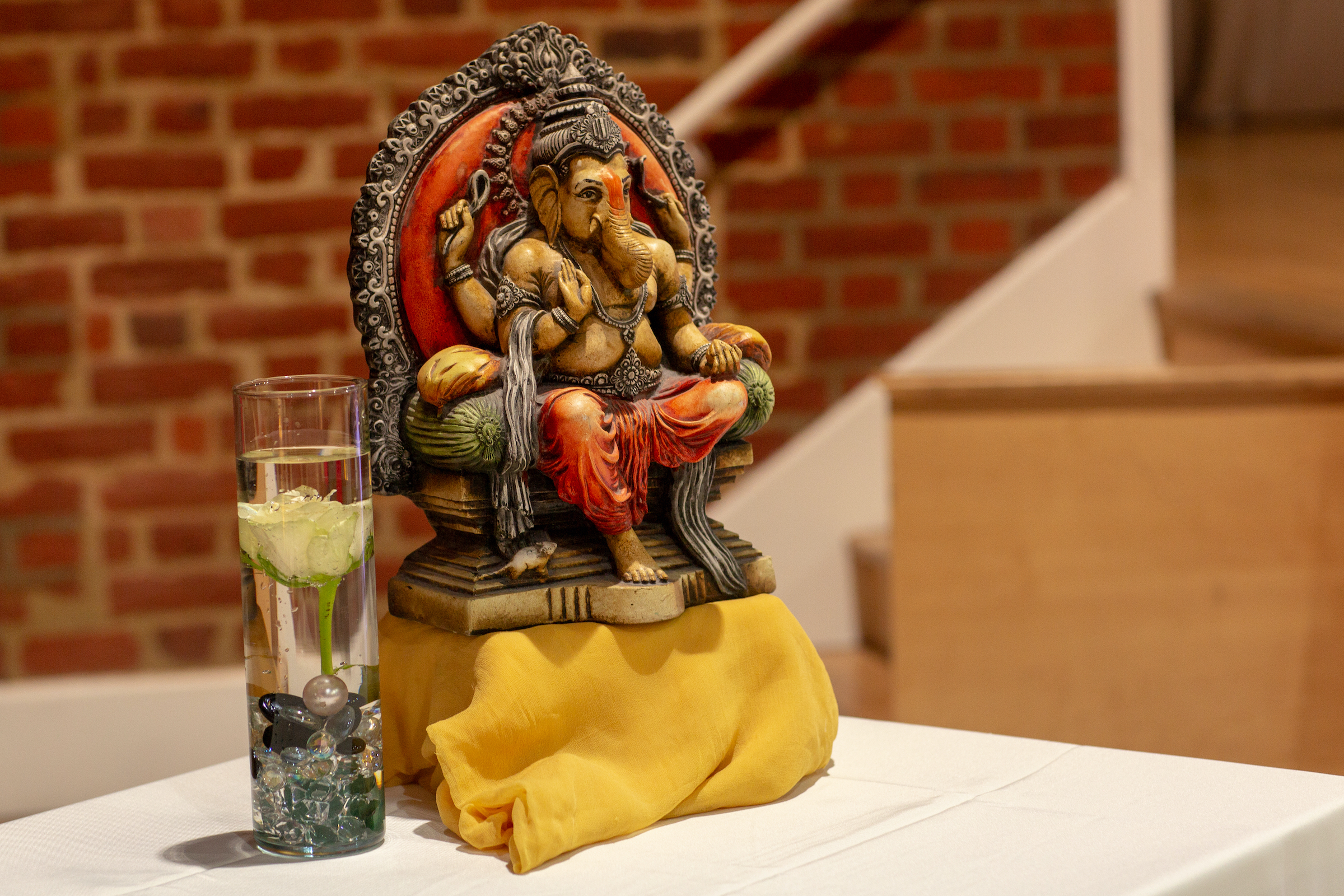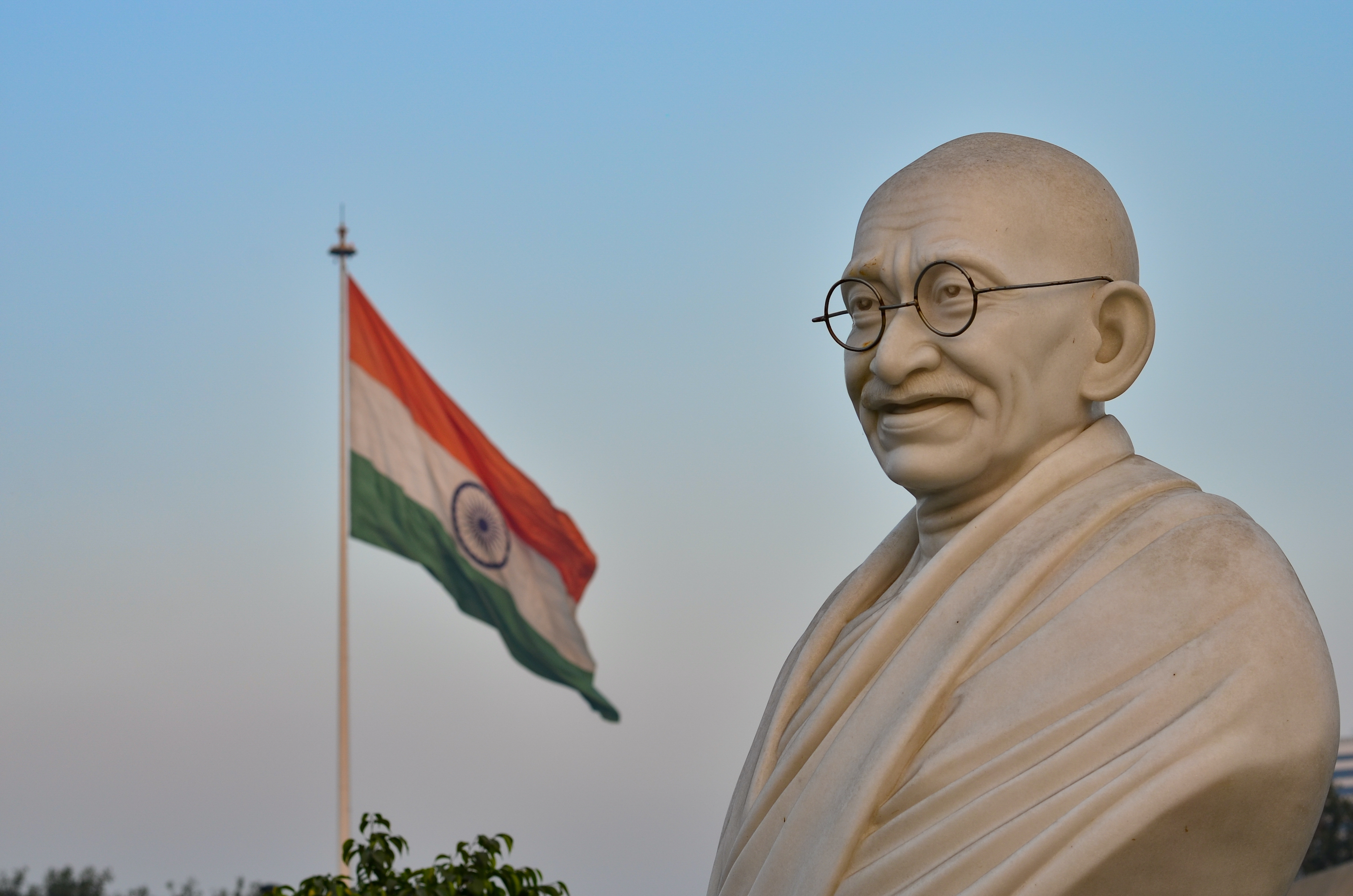What I find interesting about the current debate on empire and immigration is that there is something curious when you look at the initial arrival of migrants or immigrants, say, from the Indian subcontinent to the United Kingdom starting in the 1950s, which increased in the 1960s and 70s. During the British Empire, in India’s colonial days, these populations had often been defined in religious terms as Hindus, Muslims, Sikhs, Jains, Parsis and Christians and sometimes in tribal or caste terms. Yet when they arrived in the UK, they tended to be defined in national or racial terms. Neither of these terms had been very important during the Raj itself. Race, of course, had been an important category for Africa and the Caribbean and other parts of the colonised world. It existed in India. However, it wasn’t a primary colonial category in India, whereas civilisational terms were. When these immigrants initially arrived in the UK, the common slur Paki, short for Pakistani, was used for all South Asians without distinguishing religion or nationality.
Immigration, religion and the return of the British Empire
Professor of Indian History
- From the 1980s onwards, immigrant populations have been increasingly auto-defined in fundamental religious terms.
- The concept of empire is being rethought and its memory restructured as a future force.
- Global forms of solidarity and enmity can no longer be defined in national or international terms.
Populations defined in religious terms

Photo by Ritesh Bhalsod
We start talking about fundamentalism
In the 1980s, the categories of race and nationality suddenly were displaced by immigrant populations themselves, specifically Muslims. The religious terms that had been in vogue during the colonial period were brought back, not by the British State initially, but by these former immigrants themselves. Importantly, this process of re-adopting colonial terms since the 1980s happened throughout Europe, mainly Western Europe and North America – the return of religion. There's also a global return of religion in some ways, marked by the onset of fundamentalism in the 1980s. While this is not entirely unusual, it means that the language of immigration and the Empire’s memory have been fundamentally restructured. Therefore, the language of a race and that of religion is discontinuous in European and British history. Although contemporary debates about the de-colonial and anti-colonialism often imply that there has been a steady, singular and continuous discourse on race or religion or both, which has been unvarying from the 19th century until today, that’s not the case.
Splitting of colonial terms
What does this tell us about the return to empire in our own day, a return that is marked by these controversies over statuary, for instance? In Oxford, where I work, the ‘Rhodes must fall’ movement was brought from South Africa where the statue of Cecil Rhodes, a major donor to Oriel College, became a site of contention with demands that it be removed. Statues in other parts of the world and other parts of the United Kingdom, such as London, have also been the object of such controversy. There has been a kind of splitting of colonial terms. On the one hand, there is a discontinuous history of them; sometimes it's one set, and sometimes it's another. Notwithstanding, today, you can also see a divergence. Therefore, one of the statues that is routinely attacked happens to be that of Mahatma Gandhi. In the initial lockdown over the pandemic in London, a Gandhi statue was attacked along with one of Churchill, which is ironic as they were great enemies.
Religion has been taken out of the picture

Photo by PhotographerIncognito
The de-colonial movement is not only about colonialism, but nationalism itself. Gandhi is attacked allegedly for being a racist and because he was the founder of the first new nation-state that emerged from the British Empire since the United States had in the 18th century. This is a momentous event. When you attack Gandhi at the same time as you attack Churchill, you’re attacking the history of colonialism and the history of anti-colonial nationalism, which is often assimilated to colonialism. The current controversies and debates over the Empire have very little to do with the history of anti-colonialism, which is peculiar and interesting. This history has been consigned to the trash can, along with statues of Imperial Grandees. It also has very little to do with older ideas of freedom linked to anticolonial nationalisms. Religion has been taken out of the picture altogether, which is why I'm describing a divergence.
A moment of re-founding
I think what's happening is a moment of re-founding. It is one thing not to name the nation-state or not to name the nation at all, but it is another to obscure that a lot of this controversy has to do with the re-founding, the nation. By re-founding it in the United Kingdom, as in other Western countries – by trying to reach, reshape their history, their national histories – and re-founding it in places like South Africa as well, which was a belated nation: it was the last State that could claim to have emerged out of the Empire if you call apartheid South Africa part of a colonial enterprise. South Africa is a belated nation-state in that sense, and it has been doomed in a curious way to repeat the moves that the earlier generation of post-colonial nation-states had made. It does so in slightly different ways. The movement and the controversies for which empire and colonialism have become important today tell us something about our world but obscure a great deal about it.
A new way of thinking about global dominance
They obscure the divergence between race and the language related to race on the one hand, and that relating to religion, civilisation and culture on the other. They also obscure the figure of the nation or the nation-state as a site of freedom. If the nation-state is not to be the site of freedom, what is the future of freedom? This is the problem and the question posed in these debates because those who engage in this debate take the global arena as their new arena of operations for which the nation-state is less relevant than the Empire. So one of the things that I find quite fascinating is how the term empire has become so aggrandised and sucked all the oxygen from other categories of political belonging and political freedom, like the nation-state. These are merely historical preambles to empire as a new way of thinking about global dominance.
No longer defined in nation-statist terms
In this new way of thinking about empire, the historical role of anti-colonialism and the post-colonial nation-state has been reduced to a mere blip. It has been discarded, so a statue of Gandhi can be attacked alongside one of Churchill. They both stand outside parliament in London in roughly the same space. An empire no longer stands for the past, but the future. In this way of thinking, religion and race play a new role whose imperial history has been reinvented or rethought. The debate over racism today gestures towards that past and attempts to draw a line of continuity, but it refers to something entirely different. It refers to the difficulties of thinking about both forms of human solidarity and human cleavages or enmity that are no longer defined in terms of the nation-state. You have to go back to these older colonial categories of race and civilisation by default, including religion, under the terms civilisation to be able to think of global forms of both solidarity and enmity that are no longer defined in national or even international terms.
Sovereignty can only be divine

Photo by Mongkolchon Akesin
These new forms of Muslim beliefs and practices are not political, and they don’t claim to be. Even the violent forms of distinctive Muslim practice claim to want to remove themselves from politics. They claim to want to instantiate forms of religious solidarity and practice removed from the political arena and are authorised by figures who exist outside the State; they tend to criticise modern politics by arguing that it is defined by sovereignty. As a term that should belong only to God, sovereignty can only be divine; it cannot be in possession of human beings. Good Muslims should resile from any practice or any institution that claims to have sovereign status. In sum, these are ways of being and thinking that have much more in common with neoliberal understandings of society. They don’t view sacred law as a political structure. It is a set of social regulations to which people voluntarily sign up and whose task is to prevent the sovereign's interference.
Discover more about
the concept of ‘empire’
Devji, F. (2020). The turn to empire in Asia. Inter-Asian Cultural Studies, 21(1), 111–114.
Devji, F. (2014). Islam and British Imperial Thought. In D. MotadelI (Eds.), Islam and the European Empires (pp. 254–268). Oxford University Press.